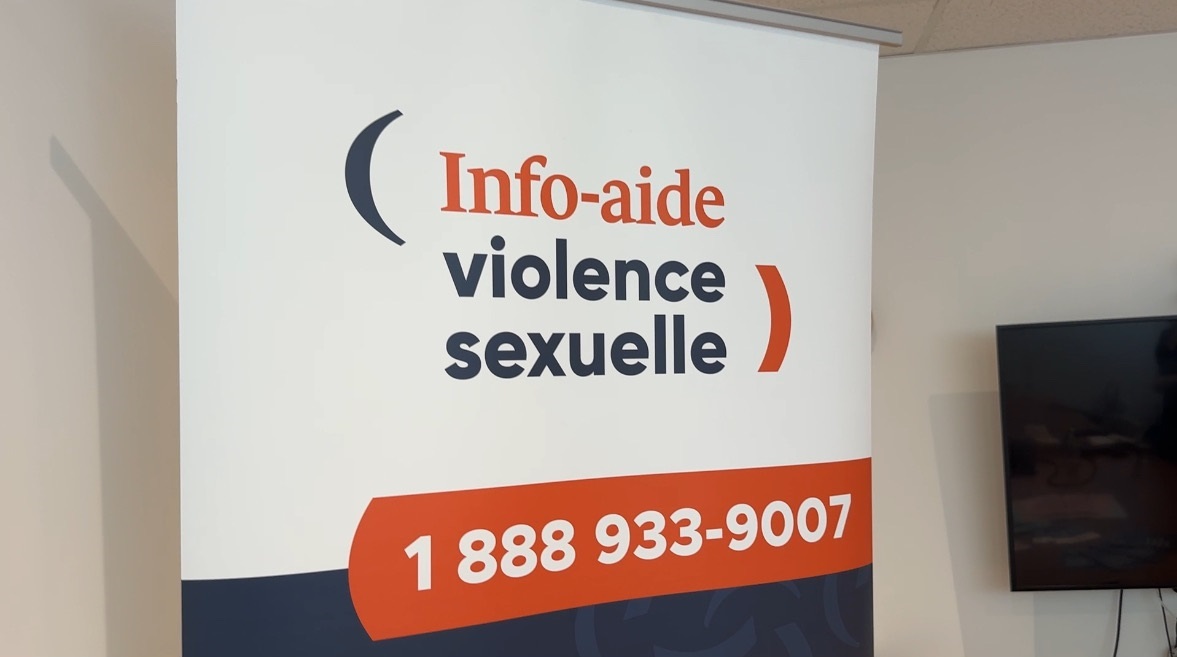
Young teenagers in Quebec, mostly girls, are the most common demographic reaching out to a 24/7 helpline for victims of sexual violence via its online chat feature.
The Montreal Sexual Assault Centre (MSAC) says young people aged 14 to 17 represent a “significant” proportion of people using the Sexual Violence Helpline chat line since it launched in November.
“There will always be more women just because there are more women who’ve been sexually assaulted,” said Dèby Trent, the director of the Montreal Sexual Assault Centre.
Trent says counsellors have conducted 1,400 interventions through the chat line alone. There is also a telephone line.
“So we can help somebody if they want to just talk or they want to write about what they’ve experienced, whether or not they’ve been sexually assaulted recently or in the past,” she said.
The chat feature of the helpline, which is run by a team of 28 counsellors, allows users to select a confidential setting and remain anonymous.
“There are 10 counsellors who work on the phone line,” Trent added. “There are eight counsellors who work on the chat line now that we’ve expanded it 24/7, and we have 10 counsellors who are on our on-call list.”
The MSAC says it’s also expanding its presence on social media to reach more young Quebecers – like with a new TikTok account.
“We’re still continuing to improve, to develop our services, develop the ways we respond to people in that manner,” said Trent.
WATCH: Quebec’s Sexual Violence Helpline gets online chat feature (Nov. 2023)
According to Quebec’s national health institute (INSPQ), approximately one-in-nine women and one-in-20 men in the province have reported being sexually abused by an adult before the age of 15.
Melanie Lemay, co-founder of Quebec against sexual violence, believes such cases are usually under reported. Data from INSPQ shows nearly 90 per cent of sexual abuse cases are committed by a person known to the young victim.
“A lot of times, the reasons why it’s so hard for youths to come forward is because the person who perpetrated the violence was actually a friend or someone that’s close to them,” Lemay said.
“We realize that there’s still a lot of obstacles for youth to come forward.”